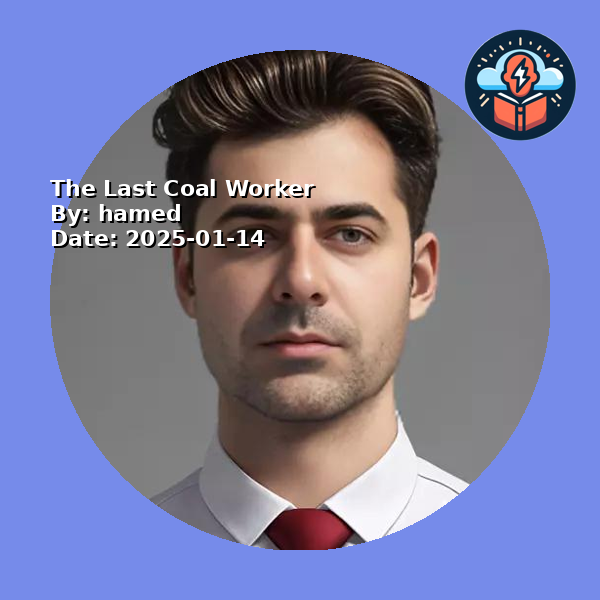Adi stood on the edge of the empty mine, the vast crater stretching before him like an open wound. Dust clung to his boots and his hands, even though it had been months since the machines stopped roaring. The silence felt unnatural.
For thirty years, he had worked these pits, carving black veins from the earth that powered cities he’d never seen. The coal was life—it paid for his children’s schooling, his parents’ medicine, and the simple house in the village where his wife planted flowers. Now, it was nothing.
Indonesia was moving on. “Green energy,” they called it. Solar farms and wind turbines were sprouting where smokestacks once stood. The government offered training programs, new skills for a cleaner future. Adi had attended one last week, sitting awkwardly in a classroom filled with younger men and women. They talked about batteries and circuits, things he barely understood.
His son, Rafi, had begged him to try. “It’s the future, Bapak,” he’d said. “We can’t live in the past forever.”
But the past was all Adi knew. He remembered the first time he descended into the mine, the heavy helmet on his head, the smell of oil and dirt. He had been proud then, proud to contribute to the nation’s growth. Coal meant progress. It meant survival.
Now, standing in the shadow of the mine, he felt like a relic, a forgotten cog in a machine no one needed anymore.
“Pak Adi!” a voice called behind him. He turned to see Lia, one of the program coordinators, approaching with a clipboard. Her smile was bright but hesitant.
“Are you ready for tomorrow?” she asked.
Adi shrugged. Tomorrow, he would begin his new job at a solar panel assembly plant. It felt foreign, unreal. He couldn’t imagine his hands fitting into that world, hands built for shovels and drills, not for precision tools and delicate cells.
“Do you think this will work?” he asked quietly, surprising himself.
Lia’s smile softened. “Change is hard, Pak. But it’s also necessary. You’ve built this country once. Now you’ll build it again, in a different way.”
Her words lingered as Adi looked back at the mine, at the emptiness it had left in him. He thought of his grandchildren, running barefoot in a village free of coal dust. Of clear skies and quiet nights, where stars could be seen instead of smoke.
Tomorrow felt uncertain. But maybe, just maybe, it also held hope.
Adi nodded. “I’ll be there,” he said, his voice steady.
As he walked away from the mine for the last time, the air seemed lighter, the future closer, waiting for him to meet it.
